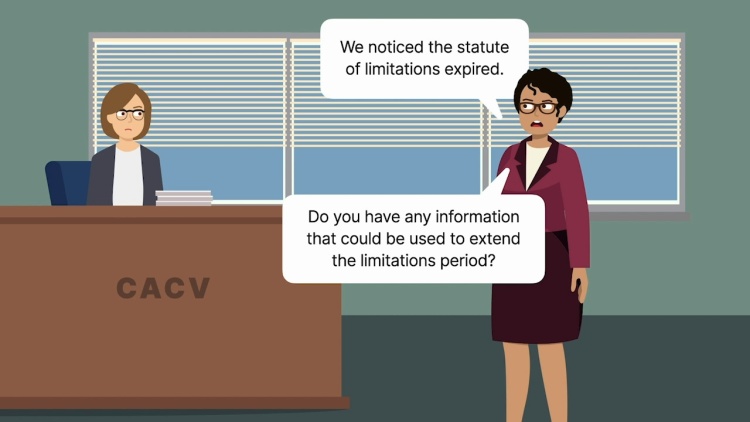McCollough v. Johnson, Rodenburg & Lauinger, LLC
United States Court of Appeals for the Ninth Circuit
637 F.3d 939 (2011)
- Written by Ryan Hill, JD
Facts
Tim McCollough (plaintiff) opened a credit-card account in 1990 with Chemical Bank, which shortly thereafter merged with Chase Manhattan Bank. The account was eventually sold in 2001 to CACV of Colorado, Ltd. (CACV), a subsidiary of Collect America, Ltd. (Collect America). Collect America then hired Johnson, Rodenburg & Lauinger, LLC (JRL) (defendant) in 2006 to collect the debt. In the contract between Collect America and JRL, Collect America disclaimed any warranties as to the accuracy or validity of its data and put the responsibility fully on JRL to determine whether to attempt collection. In 2007, JRL noticed that the five-year statute of limitations on McCollough’s claim had expired as of 2005. After JRL requested any information that could extend the statute of limitations, CACV incorrectly told JRL that a partial payment was made by McCollough in 2004. JRL filed a complaint against McCollough in Montana state court. McCollough filed an answer stating that the statute of limitations had expired. McCollough then called JRL and informed JRL that his last payment was made in 1999. CACV told JRL that an error had occurred and that no partial payment was actually made by McCollough in 2004. Nevertheless, JRL sent a discovery request to McCollough for numerous admissions, including an admission that McCollough made a partial payment on the account in 2004, that McCollough never disputed the debt, and that the complaint JRL filed was completely true. McCollough filed a claim in district court against JRL for multiple violations of the Fair Debt Collection Practices Act, 15 U.S.C. § 1692 et seq. (FDCPA). A jury found in favor of McCollough, and the district court granted summary judgment against JRL on the FDCPA claims. JRL appealed.
Rule of Law
Issue
Holding and Reasoning (Thomas, J.)
What to do next…
Here's why 907,000 law students have relied on our case briefs:
- Written by law professors and practitioners, not other law students. 47,100 briefs, keyed to 996 casebooks. Top-notch customer support.
- The right amount of information, includes the facts, issues, rule of law, holding and reasoning, and any concurrences and dissents.
- Access in your classes, works on your mobile and tablet. Massive library of related video lessons and high quality multiple-choice questions.
- Easy to use, uniform format for every case brief. Written in plain English, not in legalese. Our briefs summarize and simplify; they don’t just repeat the court’s language.





